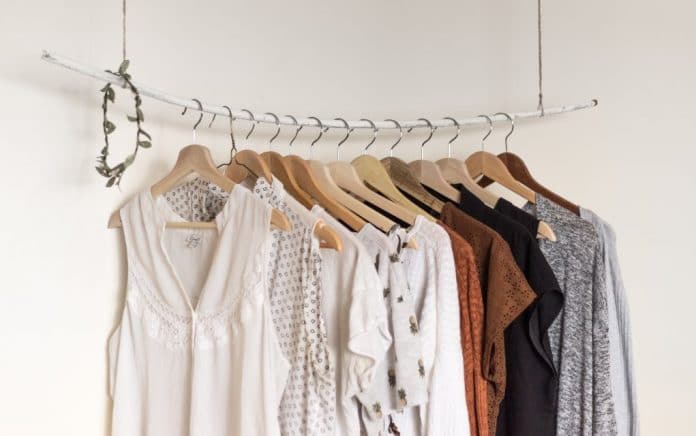By Andy Clark
If you believed the hype from attention-grabbing stories about teenagers making huge money selling clothes online, you might think that the whole thing is pretty easy. After all, millennials are the laziest generation around, right? If a bunch of latte-drinking, avocado-loving snowflakes can make money this way, it must be really easy.
Yet, it’s nowhere near that simple. While selling clothes online is certainly lucrative, it’s harder than it looks from glancing the headlines about it. When you dig deeper and actually read the contents of these stories, you often find that the millennials making money this way are working 60-80 hours a week in order to get their business off the ground.
I work with a website which specialises in outdoor clothing. I can confirm that there’s a lot of money to be made in this industry, but only if you’re willing to put the work in.
If It’s So Hard, Why Do It?
Any business venture can be difficult, but that shouldn’t be what makes you decide whether or not to take it on. The real question is how viable a business it is, and selling clothes online is a very viable business.
First of all, the profit margins can be huge, especially if you’re selling old clothes. Finds from second-hand shops or from eBay can be bought in for £1 or £2 and sold on for £20 or £30 with the right photography and the right attitude.
Second, clothes don’t spoil. Technology can become dated and food or drink can have a very short shelf-life. However, with clothes, age can make an item more valuable, not less. That said, it’s still imperative to sell the right clothes for the right season.
Tonight, We’re Gonna’ Buy Clothes Like It’s 1999
One of the most difficult parts about selling clothes online isn’t competing with other online competitors; it’s competing with offline competitors.
Shopping habits have changed a lot since the invention of e-commerce, but the change from offline to online hasn’t been as dramatic in every industry. 60% of us buy most of our books, DVDs, and video games online. This is understandable considering that most of us don’t tend to “try out” a video game or a film in a physical shop before buying.
We might watch the trailer for a film or read a review before buying it, but you don’t need to do that in a shop. We might read the first few pages of a book before purchasing, but that’s something many online bookshops offer as well. We might want to see what a video game looks like before buying it, but that’s why playthroughs on YouTube are so popular.
As for other sectors, 43% of us buy most of our jewellery online and 37% of us buy most of our cosmetics online. This is also understandable, because jewellery and cosmetics are both products that consumers often try out in a physical store. Perfumes have a particular smell, makeup and jewellery can have a particular feel, and this can’t be completely translated online.
All of this would explain why only 28% of us buy most of our clothes online. Clothes shopping is an experience which is heavily dependant on trial. A dress or shirt might look great on a mannequin or a model, but that doesn’t mean that it will necessarily work for you. It’s because of this that the majority of people still adopt the same clothes shopping habits they had in the pre-internet era.
Selling the Experience
To compete with the offline clothes shop, you need to recognise that people don’t just go clothes shopping so that they can have clothes. Sometimes, the whole thing is an experience. It’s why wedding dress shops offer champagne to their potential customers or — on the other end of the spectrum — why the Primark in Bristol has a Costa coffee shop attached.
Both outlets are selling very different experiences at very different costs, but the principle is the same. For online clothes outlets to compete with this, they need to recognise what they can and can’t do.
An online clothes retailer can’t, for example, offer its customers champagne or coffee while they try on outfits. It’s just not feasible. However, what they can do is offer great savings compared to offline shops, because of how much cheaper it is to run an online shop.
What’s more, the website itself can deliver an experience. You might roll your eyes at this. How can a website possibly compete with free champagne? The answer is: maybe it can’t. Yet, simply giving up on trying to make your website a pleasant place to be will help no-one except your offline competition.
The appeal of online shopping is how easy it is. Free alcohol is one thing, but being able to shop with a cup of tea from the comfort of your own bed is another. To some people in some situations, the latter is actually a lot more appealing.
Photo by Priscilla Du Preez on Unsplash


